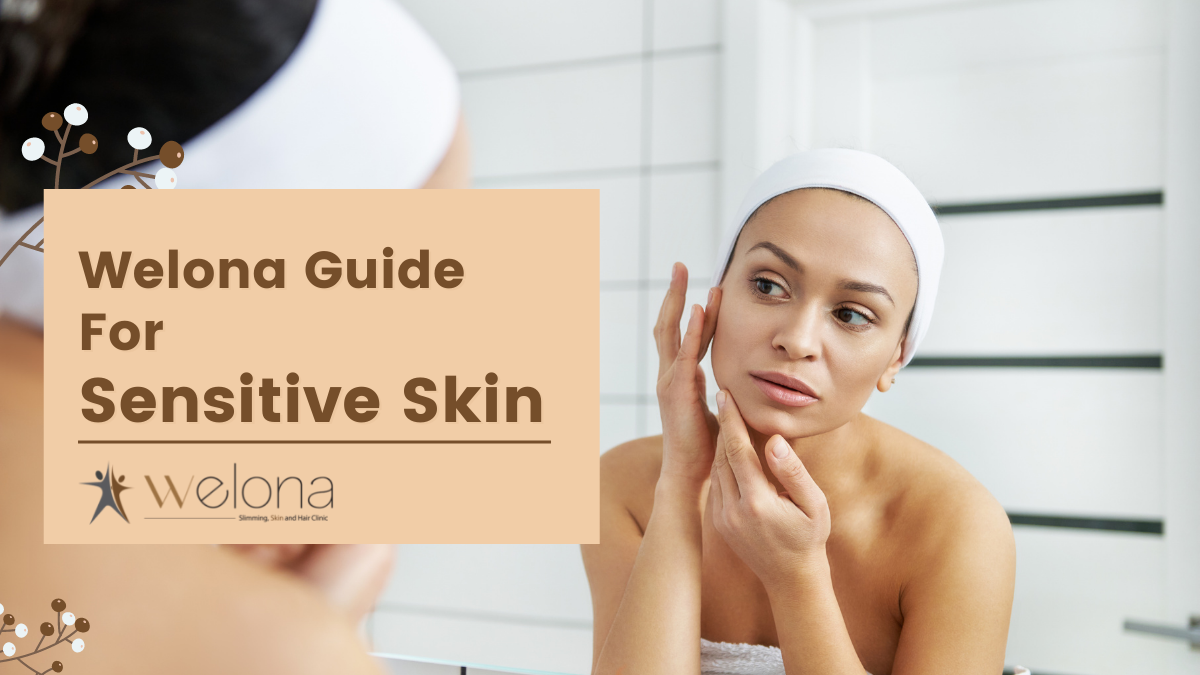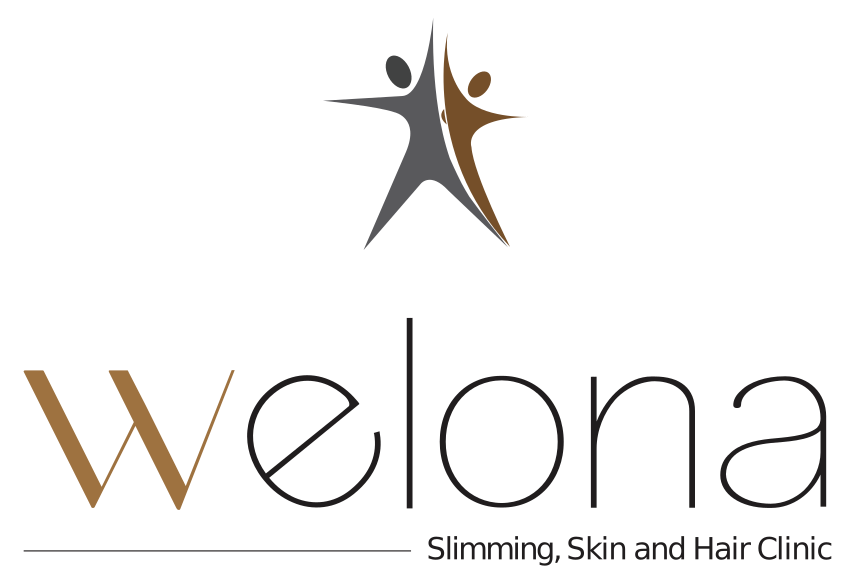
Sensitive Skin – What It Is?
Skin with a reduced tolerance for cosmetics and personal care products is considered Sensitive, and people with skin prone to inflammation also come under Sensitive skin types. Generally, sensitive skin is more likely to be irritated by chemicals, dyes, and fragrances in products that come into contact with it. People that allergic to such substances may also experience rashes or irritation from clothing or friction. According to NCBI, epidemiology studies stated that sensitive skin in women varies from 50-61% and 30-40% in men.
Dermatologists do not have a definitive checklist to use to determine skin sensitivity. To ascertain your skin type, pay attention to your skin’s reaction. In simple terms, sensitive skin is not a medical diagnosis but a common issue.
Cause
Many factors cause the skin to get sensitive, like excessive make-up, over-exfoliation, UV damage, too much caffeine or alcohol, smoking, poor diet, lack of sleep, harsh products/ingredients, etc. Skin disorders and other allergic reactions such as eczema, rosacea, or allergic contact dermatitis are other causes. Excessive dryness or injured skin that can no longer protect nerve endings can also lead to sensitive skin. Some things cannot be controlled, such as medications, health problems, allergies, etc., but you can avoid a few things by choosing a healthy lifestyle.
Best Skincare Routine for Sensitive Skin
Your skincare routine may be the best indicator of whether you have sensitive skin. Carefully choose products that suit your skin type and won’t trigger your skin to flare. Here are a few tips for creating a skincare routine that’s suitable for sensitive skin:
Use lukewarm water for cleansing
Cleansing is the first step in skincare. For people who have dry skin or chronically sensitive skin, using hot water on the skin while bathing can cause it to dry, crack and get flaky. Always use lukewarm water to cleanse the face and a gentle moisturizer afterward.
Toner
After cleansing, toners provide a wide range of benefits, including balancing the skin’s pH levels, soothing the skin, and removing any lingering residue or dirt. You may want to use a toner for sensitive skin but should stay away from those formulated with astringent ingredients or a lot of alcohol. Reach for an alcohol-free toner that contains mild, soothing, hydrating ingredients.
Serum
Serums address various skin issues (dark spots, fine lines, wrinkles) in the best possible way and are a great addition to the arsenal of skincare. Calendula is a powerhouse ingredient in serum for sensitive skin. In addition to milk proteins, other botanical extracts like green tea can soothe skin irritation, while lecithin can enhance your skin’s protective barrier and block irritants from entering.
Moisturizer
A gel or water-based moisturizer is best for such skin type. Steer clear of fragrances and choose a non-comedogenic cream. To get the best results, use it on damp skin, and this will hydrate your skin and retain moisture.
Wear Sunscreen
Everyone knows how important sunscreen is. Since some sunscreen ingredients can cause allergic reactions, look for ones that contain zinc oxide or titanium dioxide. Sensitive skin gets affected easily by environmental pollutants and harsh sun rays. Ensure you wear a broad-spectrum sunscreen with SPF 30 or higher for best results.
Dodge Triggers
Skincare products with harsh ingredients, drinking too much coffee or alcohol, smoking, not getting enough sleep, and many other causes of sensitive skin can be avoided or minimized. It will help soothe both naturally sensitive skin and temporarily sensitized skin.
Best Laser Treatment for Sensitive Skin
Laser treatment can effectively treat most skin problems, from pigmentation to acne scars and birthmarks. But when it comes to people with sensitive skin types, they have minimal choices, and they need to be selective. Here is a drop-down list of the best laser treatments.
Fractional CO2 Laser Treatment
Fractional CO2 lasers treatment are ablative lasers used to treat more profound skin flaws, scars, and wrinkles and are suitable for every skin type. Look for an experienced professional to perform laser treatment so that you achieve a great outcome. People with sensitive skin need to prepare for a longer recovery process, and they may also feel itchy during the healing time. A Platelet-rich plasma could help speed the healing process and increase the skin’s resilience.
In the newest version of CO2 laser resurfacing (fractionated CO2), small pulsed light energy (known as ultra-pulsed or continuous light beam) is delivered in a scanning pattern to remove thin layers of skin with minimal heat damage. Recovery time is about two weeks.
Laser Resurfacing
This treatment reduces wrinkles, sun damage, fades brown spots and acne scars. It can further, shrink large pores, firm sagging skin, and reduce the signs of aging. It is safe for all skin types hence works well for maintaining great skin or increasing their skin fitness level. Laser facial treatments promote the production of new collagen in the skin.
Laser Genesis
It is the most comfortable treatment of all lasers. While Genesis feels soothing, its benefits are beyond skin-deep. Genesis is known for its cumulative effects, comfort level, and wide range of benefits. It uses YAG laser technology at low energy with pulsed settings that gradually build up heat to stimulate the skin’s lower layers. The laser energy gently heats layers of tissue in the dermis, allowing it to be more effective.
Best Ways to Care for Sensitive Skin
It is the most complex skin type and certainly needs special care. It is sometimes very uncomfortable to deal with such skin types. However, at Welona, some experts can help you deal with various skin issues the best way. Our doctors are experts in offering a wide range of skincare treatments, including pigmentation, acne scar, skin lightening, and more. Book an appointment with Welona and be the new you!

